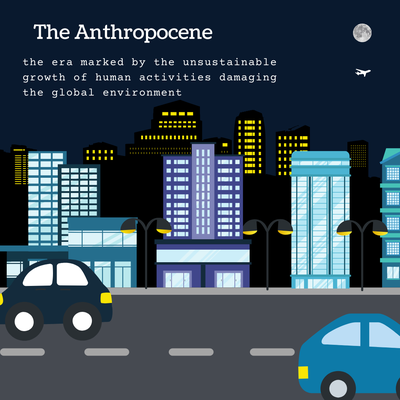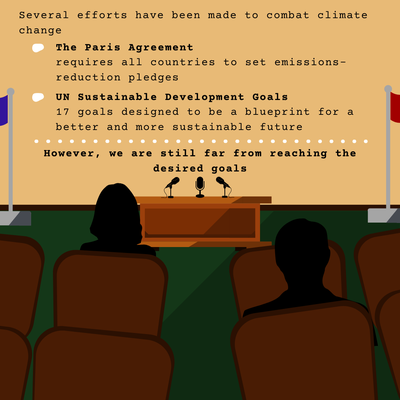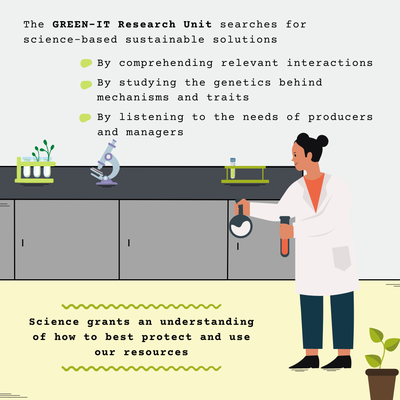Earthly hardships & atonements
You are here – on planet Earth, on the solar system, on the milky way, on this Universe... As an integral part of these complex systems, you are both capable of influencing and being influenced by your surroundings.
In between this cobweb of interactions, we may have inadvertently pushed too hard and propelled Earth into a whole new geological epoch – The Anthropocene. This era is marked by the unsustainable growth of human activities damaging the global environment, so much so that we are now at a very precarious tipping point with potentially disastrous results.
To reduce troubling repercussions, a profound transformation is needed. Several international efforts have been made in that aspect, including the United Nations Sustainable Development Goals and the Paris Agreement. However, we are still far from reaching the desired goals. As the main agent of entropy, the reality is that the vulnerability of these plans and measures lies within ourselves.
These are global issues that demand a global response. However, they start with individual efforts and commitments. At the GREEN-IT Research Unit, we are focused on identifying sustainable solutions through science.
One of the focal points for GREEN-IT researchers is “interactions”. They look to comprehend not only the interactions between crops and their environments but also the links among soil, plants, and beneficial microorganisms, as well as the interplay between plants and their pests and pathogens. Moreover, GREEN-IT researchers also delve into the “behind-the-scenes”. Many of our researchers explore the (epi)genetic and molecular landscape underlying traits of resilience and resistance to stress, plant reproduction, and nutritional value.
Overall, science grants an understanding of how to best protect and use our resources, in a fashion that is both sustainable and beneficial. However, it is the combination of listening and doing that makes a change. At GREEN-IT, we cultivate close relationships with producers and managers, taking into account their needs and concerns so that we can accurately translate knowledge into application.
As a cog of the big apparatus that is Earth, each of us has an impact and can make a change, be it through scientific contribution or other environmental actions. At these troubling times, it is most important that we take accountability for our role on this planet and fight for a change.
Earth Day is celebrated on April 22nd to commemorate the environmental movement and demonstrate support for environmental protection.





